Upholding Human Rights: A Global Imperative
The Fundamental Necessity of Human Rights
In an ever-shrinking world interconnected by technology and international relations, the issue of human rights stands as a moral beacon and a fundamental necessity. The concept of human rights is not just a buzzword; it’s a cornerstone of a just and humane society. As we delve into this critical topic, we must recognize the pressing need to reaffirm, protect, and extend these rights to all corners of the globe.

Table of Contents
The Foundation of Human Rights
The foundation of human rights is rooted in the recognition of the inherent dignity and worth of every individual. This principle underscores the notion that regardless of race, ethnicity, gender, religion, nationality, or any other characteristic, all human beings possess certain fundamental rights simply by virtue of being human.
Historically, the concept of human rights has evolved over centuries, influenced by philosophical, religious, and legal traditions from various cultures and civilizations. However, it was not until the aftermath of World War II, with the atrocities committed during the Holocaust and other genocides, that the international community felt compelled to codify human rights in a universal manner.
The Universal Declaration of Human Rights (UDHR), adopted by the United Nations General Assembly in 1948, stands as a landmark document in the history of human rights. Drafted by representatives from diverse cultural and legal backgrounds, the UDHR proclaims a set of rights and freedoms to which all people are entitled, regardless of nationality or citizenship.
Among the foundational principles enshrined in the UDHR are the rights to life, liberty, and security of person; freedom from torture and cruel, inhuman, or degrading treatment; equality before the law; freedom of thought, conscience, and religion; freedom of expression and peaceful assembly; and the right to education, work, and an adequate standard of living.
*All Book Images Open a New tab to our Bookshop
**If you buy books linked to our site, we get 10% commission from Bookshop.org, whose fees support independent bookshops
These rights are not granted by governments or bestowed by laws; they are inherent to human beings and are universally applicable. They serve as a moral compass, guiding individuals, communities, and nations in their interactions and responsibilities toward one another.
Importantly, the UDHR recognizes that human rights are interdependent and indivisible. This means that the fulfillment of one right often depends on the fulfillment of others. For example, the right to education may be compromised if individuals face discrimination based on their race or gender. Similarly, the right to health may be undermined by poverty or lack of access to clean water and sanitation.
The UDHR also emphasizes that human rights are inalienable, meaning they cannot be taken away or surrendered under any circumstances. Even in times of conflict or emergency, certain core rights must be upheld and protected.
Since the adoption of the UDHR, the concept of human rights has continued to evolve and expand. Numerous international treaties, conventions, and protocols have been established to address specific issues such as women’s rights, children’s rights, labour rights, and the rights of indigenous peoples.
Moreover, human rights have become increasingly recognized as a universal standard by which the actions of governments, organizations, and individuals are judged. Violations of human rights are condemned not only for their immediate impact on individuals but also for their broader implications for peace, stability, and justice.
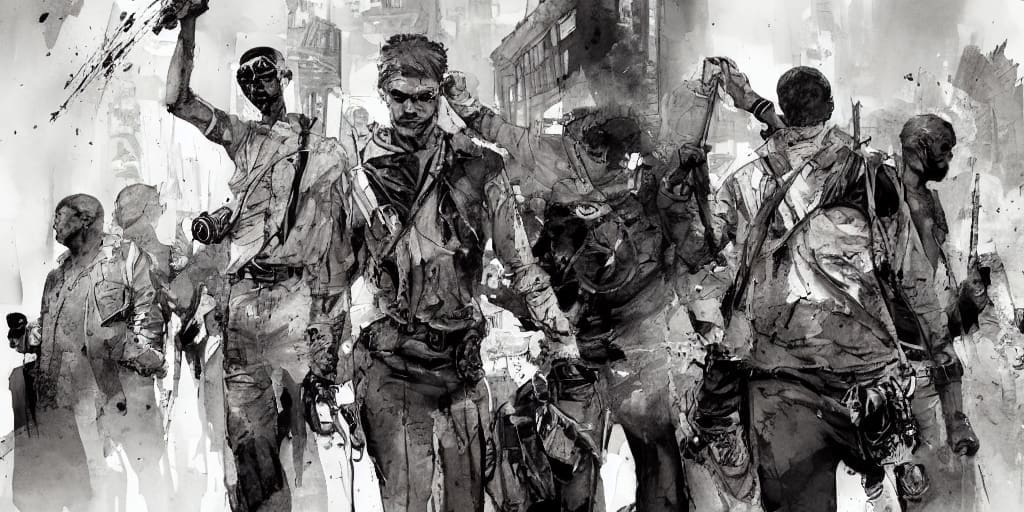
A Global Challenge
The issue of human rights presents itself as a formidable global challenge, transcending borders and affecting individuals in every corner of the world. While the concept of human rights is universal, its realization faces numerous obstacles that vary in nature and intensity across different regions and contexts.
One of the primary global challenges to human rights is the persistence of authoritarian regimes and oppressive governments. In many parts of the world, individuals are denied basic civil and political liberties, such as the freedom of expression, assembly, and association. Dissent is often met with violence, censorship, or imprisonment, leading to a climate of fear and intimidation that stifles opposition and undermines democracy.
Moreover, authoritarian leaders frequently target marginalized communities, including ethnic minorities, religious groups, LGBTQ+ individuals, and human rights defenders. Discrimination, persecution, and violence against these groups not only violate their rights but also threaten the fabric of inclusive and pluralistic societies.
In addition to political repression, economic inequality remains a significant global challenge to human rights. Despite progress in reducing poverty and improving living standards in many parts of the world, millions of people continue to face deprivation and exclusion due to structural barriers, discrimination, and unequal distribution of resources.
Access to essential services such as healthcare, education, housing, and clean water remains limited for many individuals, particularly in low-income and marginalized communities. Economic disparities exacerbate social inequalities and perpetuate cycles of poverty and vulnerability, depriving individuals of their rights to a decent standard of living and equal opportunities for advancement.
Furthermore, armed conflict and humanitarian crises pose serious threats to human rights, displacing millions of people and exposing them to violence, displacement, and deprivation. Civilians, including women, children, and the elderly, bear the brunt of armed conflict, facing indiscriminate attacks, displacement, and violations of their basic rights to life, safety, and dignity.
Human rights also face challenges in the digital age, as advances in technology present new opportunities for surveillance, censorship, and repression. Governments and private actors exploit digital tools and platforms to monitor, control, and manipulate information, curtailing freedom of expression, privacy, and other fundamental rights online.
Addressing these global challenges requires concerted efforts by governments, civil society organizations, international institutions, and individuals worldwide. Upholding human rights requires political will, accountability, and cooperation at the national and international levels to ensure that laws, policies, and practices respect and protect the rights of all individuals, without discrimination or exception.
International human rights mechanisms, such as the United Nations Human Rights Council, play a critical role in monitoring compliance with human rights standards, investigating violations, and promoting accountability. Civil society organizations, human rights defenders, and grassroots movements also play an essential role in advocating for change, raising awareness, and holding governments and other actors accountable for their actions.
Moreover, promoting economic development, social justice, and equality are essential components of advancing human rights globally. Efforts to reduce poverty, address inequalities, and promote inclusive development can help create conditions where all individuals can enjoy their rights and live with dignity and opportunity.
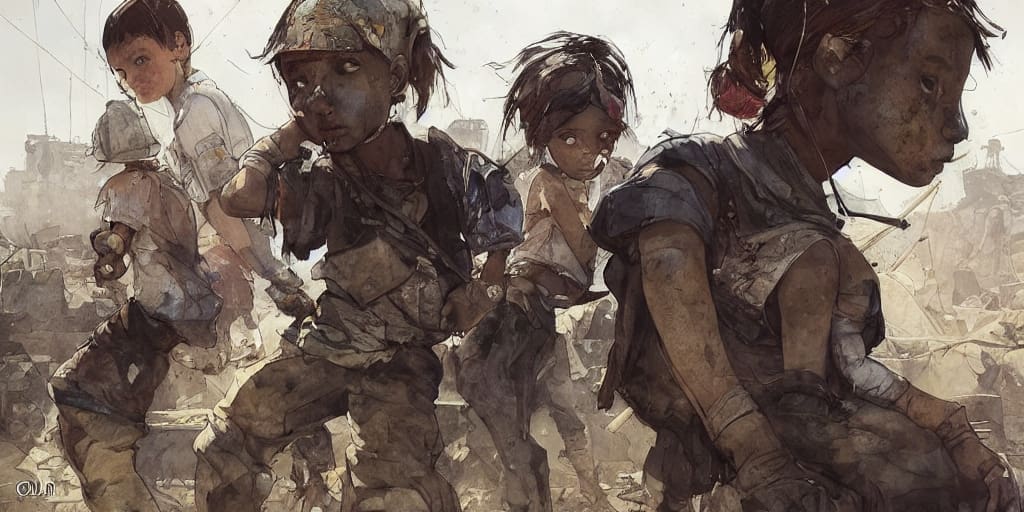
The Role of the International Community
The role of the international community in upholding human rights is crucial, as human rights violations often transcend national borders and require collective action to address effectively. The international community encompasses a wide range of actors, including governments, intergovernmental organizations, non-governmental organizations (NGOs), civil society groups, and individuals, all of whom have a role to play in promoting and protecting human rights worldwide.
At the heart of the international community’s efforts to uphold human rights lies the United Nations (UN) and its specialized agencies, such as the UN Human Rights Council, the Office of the High Commissioner for Human Rights (OHCHR), and various treaty bodies. These bodies serve as forums for dialogue, monitoring, and accountability, where member states can discuss human rights issues, share best practices, and take action to address violations.
The UN system plays a central role in setting international human rights standards through instruments such as the Universal Declaration of Human Rights (UDHR), the International Covenant on Civil and Political Rights (ICCPR), and the International Covenant on Economic, Social and Cultural Rights (ICESCR). These treaties establish legal obligations for states to respect, protect, and fulfill the human rights of individuals within their jurisdictions.
Moreover, the UN has mechanisms in place to monitor compliance with human rights standards and investigate allegations of violations. Special rapporteurs, independent experts, and commissions of inquiry are tasked with examining specific human rights situations, documenting abuses, and making recommendations for remedial action.
In addition to the UN, regional organizations also play a significant role in promoting human rights within their respective spheres of influence. For example, the Council of Europe oversees the European Convention on Human Rights and the European Court of Human Rights, which provide legal mechanisms for individuals to seek redress for human rights violations in Europe.
Similarly, the African Union has established the African Charter on Human and Peoples’ Rights and the African Commission on Human and Peoples’ Rights to promote and protect human rights on the African continent. These regional mechanisms complement the work of the UN and provide additional avenues for addressing human rights challenges at the regional level.
Non-governmental organizations (NGOs) and civil society groups also play a crucial role in advancing human rights globally. These organizations often work on the front lines to document abuses, provide assistance to victims, raise awareness, and advocate for policy change. Human rights defenders, activists, journalists, and lawyers face significant risks in their efforts to promote human rights, but their work is indispensable in holding governments and other actors accountable for their actions.
Furthermore, individuals can contribute to the promotion and protection of human rights through advocacy, education, and activism. By raising awareness, speaking out against injustice, and supporting initiatives that uphold human rights, individuals can make a meaningful difference in their communities and beyond.
Despite the efforts of the international community, significant challenges remain in effectively addressing human rights violations worldwide. Political considerations, competing interests, and power dynamics often complicate efforts to hold perpetrators accountable and secure meaningful remedies for victims.
Moreover, the rise of authoritarianism, populism, and nationalism in many parts of the world has led to backsliding on human rights and a shrinking space for civil society and dissent. In such contexts, solidarity and collective action are more important than ever in defending human rights and promoting democratic values.

Economic and Social Rights
Economic and social rights are an essential component of the broader framework of human rights, encompassing the rights to work, education, healthcare, housing, food, and social security. Unlike civil and political rights, which focus on freedoms from interference by the state, economic and social rights address individuals’ rights to basic necessities and conditions that enable them to live a life of dignity and opportunity.
The recognition of economic and social rights as human rights gained prominence following World War II and the adoption of the Universal Declaration of Human Rights (UDHR) in 1948. Article 22 to 27 of the UDHR explicitly articulates a range of economic and social rights, including the right to work, just and favorable conditions of work, social security, education, and an adequate standard of living.
Subsequently, these rights were further elaborated in international treaties such as the International Covenant on Economic, Social and Cultural Rights (ICESCR), which was adopted by the United Nations General Assembly in 1966. The ICESCR obligates states parties to take steps to progressively realize economic, social, and cultural rights, to the maximum of their available resources, with a particular emphasis on the principle of non-discrimination.
Economic and social rights are closely interconnected with other human rights, including civil and political rights. For example, the right to education is essential for the exercise of freedom of expression and participation in political life. Similarly, the right to health is closely linked to the right to life and the prohibition of torture and cruel, inhuman, or degrading treatment.
Access to education is a fundamental economic and social right that plays a critical role in personal development, social mobility, and economic prosperity. Education empowers individuals to acquire knowledge and skills, participate fully in society, and contribute to their communities’ well-being. Moreover, education is key to breaking the cycle of poverty and inequality, as it enables individuals to access better employment opportunities and improve their living standards.
The right to health is another fundamental economic and social right that is essential for individuals’ well-being and overall quality of life. Access to healthcare services, including preventive, curative, and rehabilitative care, is crucial for maintaining good health and addressing health disparities. Moreover, the COVID-19 pandemic has underscored the importance of robust healthcare systems and equitable access to vaccines, treatments, and healthcare infrastructure.
Housing rights are also integral to economic and social rights, as adequate housing is essential for individuals’ security, privacy, and well-being. Homelessness and inadequate housing contribute to a range of social problems, including poverty, unemployment, and social exclusion. Governments have an obligation to ensure access to affordable housing and prevent forced evictions, particularly for vulnerable and marginalized groups.
Social security rights, including the right to social assistance and social insurance, are essential for protecting individuals and families from poverty, unemployment, and economic insecurity. Social security systems provide a safety net for individuals during periods of unemployment, illness, disability, and old age, ensuring that everyone has access to basic income and essential services.
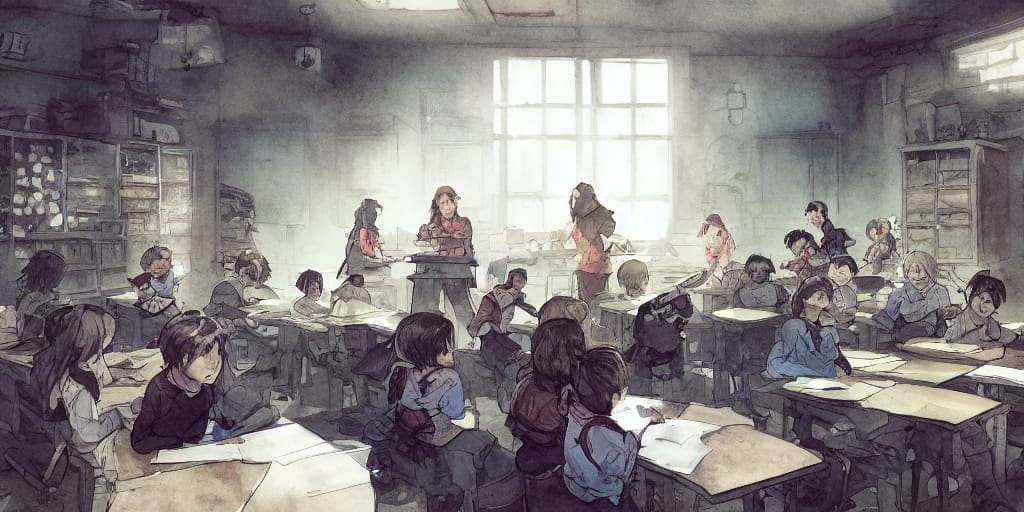
Challenges to Human Rights
Challenges to human rights persist on various fronts, presenting formidable obstacles to the universal realization of human dignity, equality, and justice. These challenges arise from diverse sources and contexts, ranging from political repression and armed conflict to economic inequality and technological advancements. Understanding and addressing these challenges is essential for advancing human rights globally.
Political Repression and Authoritarianism: In many parts of the world, authoritarian regimes suppress political dissent, curtail freedom of expression, assembly, and association, and undermine the rule of law. Dissidents, activists, journalists, and human rights defenders face harassment, intimidation, imprisonment, and even violence for exercising their fundamental rights. Authoritarian leaders consolidate power, weaken democratic institutions, and perpetuate their rule through repression and manipulation of electoral processes.
Armed Conflict and Humanitarian Crises: Armed conflict and humanitarian crises pose significant threats to human rights, displacing millions of people and subjecting them to violence, displacement, and deprivation. Civilians, including women, children, and vulnerable populations, bear the brunt of conflict-related atrocities, including indiscriminate attacks, sexual violence, forced displacement, and violations of their basic rights to life, safety, and dignity. Humanitarian access to affected populations is often restricted, exacerbating suffering and prolonging crises.
Economic Inequality and Social Exclusion: Economic inequality remains a persistent challenge to human rights, as millions of people worldwide continue to face poverty, deprivation, and social exclusion. Structural barriers, discrimination, and unequal distribution of resources limit access to essential services such as education, healthcare, housing, and employment opportunities. Marginalized communities, including ethnic minorities, indigenous peoples, persons with disabilities, and migrant populations, are disproportionately affected by economic disparities and social inequalities.
Discrimination and Marginalization: Discrimination based on race, ethnicity, gender, religion, nationality, sexual orientation, gender identity, and other grounds remains a pervasive challenge to human rights. Marginalized and vulnerable groups face systemic discrimination, exclusion, and violence in various aspects of life, including employment, education, healthcare, housing, and justice systems. Discriminatory laws, policies, and practices perpetuate inequality, undermine social cohesion, and violate individuals’ rights to equality and non-discrimination.
Technological Advancements and Digital Rights: The rapid advancement of technology presents new challenges and opportunities for human rights. While digital technologies have the potential to facilitate access to information, communication, and participation, they also pose risks to privacy, freedom of expression, and other rights. Governments and private actors employ surveillance, censorship, and digital repression to monitor, control, and manipulate online activities, stifling dissent, and undermining digital rights.
Addressing these challenges requires concerted efforts by governments, civil society organizations, international institutions, and individuals worldwide. Upholding human rights requires political will, accountability, and cooperation at the national and international levels to ensure that laws, policies, and practices respect and protect the rights of all individuals, without discrimination or exception.
Multilateral institutions, such as the United Nations, regional organizations, and human rights mechanisms, play a crucial role in monitoring compliance with human rights standards, investigating violations, and promoting accountability. Civil society organizations, human rights defenders, and grassroots movements also play an essential role in advocating for change, raising awareness, and holding governments and other actors accountable for their actions.
Moreover, promoting economic development, social justice, and equality are essential components of advancing human rights globally. Efforts to reduce poverty, address inequalities, and promote inclusive development can help create conditions where all individuals can enjoy their rights and live with dignity and opportunity.
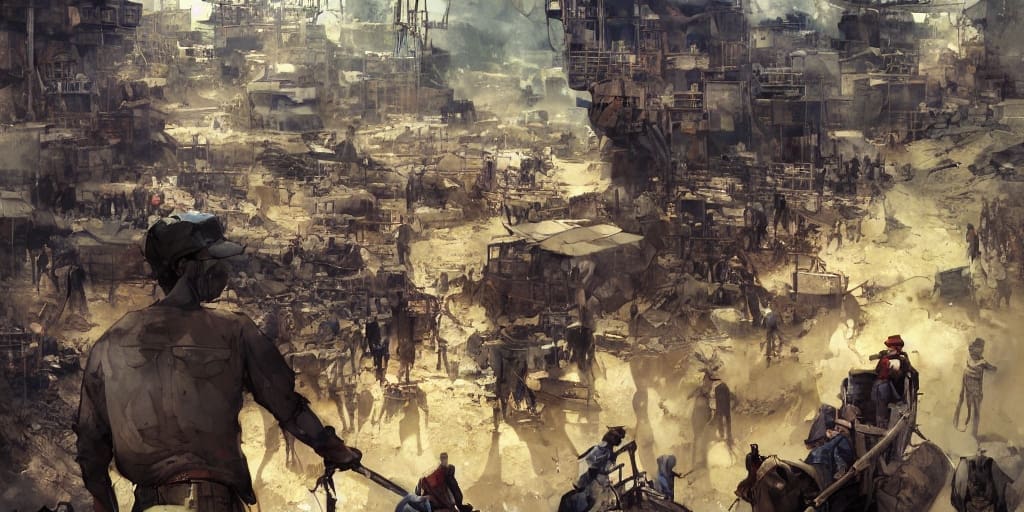
Empowering Civil Society
Empowering civil society is crucial for promoting and protecting human rights, fostering democratic governance, and advancing social justice. Civil society encompasses a diverse array of organizations, groups, and individuals outside of government and the private sector, including non-governmental organizations (NGOs), community-based organizations, grassroots movements, human rights defenders, activists, and volunteers.
Civil society plays a critical role in holding governments and other powerful actors accountable, advocating for policy change, raising awareness, providing services, and mobilizing communities to address social issues. By amplifying the voices of marginalized and vulnerable groups, civil society contributes to more inclusive and participatory decision-making processes, ultimately strengthening democracy and promoting human rights.
Here are several ways in which empowering civil society contributes to the promotion and protection of human rights:
Advocacy and Lobbying: Civil society organizations advocate for the adoption of laws, policies, and practices that uphold human rights standards and address social injustices. By engaging in research, analysis, and public campaigns, civil society brings attention to human rights violations, challenges discriminatory practices, and pushes for legal and institutional reforms to protect individuals’ rights and freedoms.
Monitoring and Documentation: Civil society organizations monitor human rights abuses, document violations, and provide evidence-based reports to national and international human rights bodies. Through fact-finding missions, research, and documentation, civil society sheds light on hidden abuses, holds perpetrators accountable, and advocates for justice and redress for victims.
Legal Aid and Assistance: Civil society organizations provide legal aid and assistance to individuals and communities facing human rights violations. Legal clinics, pro bono services, and advocacy organizations offer support to victims of discrimination, violence, persecution, and other forms of injustice, ensuring access to justice and remedies for human rights abuses.
Capacity Building and Empowerment: Civil society organizations build the capacity of communities, activists, and human rights defenders to understand, advocate for, and defend their rights. Through training programs, workshops, and educational initiatives, civil society empowers individuals with knowledge, skills, and resources to engage in advocacy, activism, and community organizing.
Social Services and Support: Civil society organizations provide essential social services and support to vulnerable and marginalized populations, including refugees, migrants, internally displaced persons, persons with disabilities, LGBTQ+ individuals, and survivors of violence. By addressing basic needs, providing counseling, and fostering community solidarity, civil society enhances individuals’ resilience and strengthens social cohesion.
Bridge-Building and Dialogue: Civil society serves as a bridge between communities, governments, and other stakeholders, fostering dialogue, cooperation, and collaboration to address complex social issues. By facilitating communication, building trust, and fostering partnerships, civil society promotes inclusive decision-making processes and builds consensus around human rights principles and values.
Empowering civil society requires an enabling environment that protects and promotes the rights to freedom of expression, association, and peaceful assembly. Governments have a responsibility to respect, protect, and fulfill these rights, ensuring that civil society organizations can operate freely, without fear of reprisal or harassment.
International support and solidarity are also essential for empowering civil society, particularly in repressive environments where human rights defenders and activists face persecution and threats to their safety. International organizations, governments, and donors can provide financial support, technical assistance, capacity-building programs, and diplomatic pressure to strengthen civil society and defend human rights.

Human rights are not an abstract ideal; they are a living reality for billions of individuals around the world. As we confront the challenges of the 21st century, from pandemics to climate change, it is imperative that we prioritize human rights in our global agenda. By upholding these rights, we not only honour our shared humanity but also build a more just, equitable, and peaceful world.
In the face of authoritarianism, inequality, and technological advancements, our commitment to human rights must remain steadfast. This commitment requires not only governments and international organizations but also individuals like you and me to raise our voices, advocate for change, and stand up for those whose rights are at risk. It’s a collective endeavour that defines our progress as a global society, and it’s a cause worth fighting for, today and always.


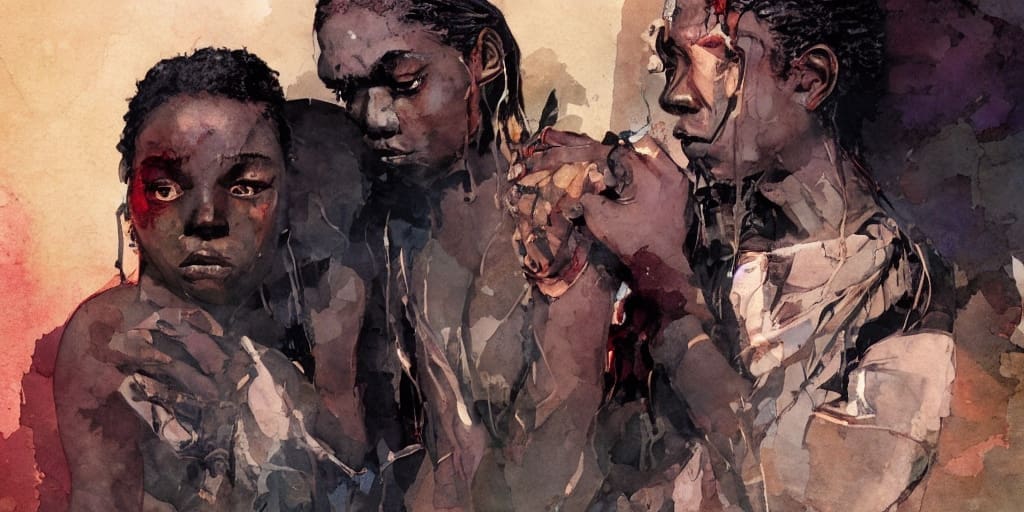





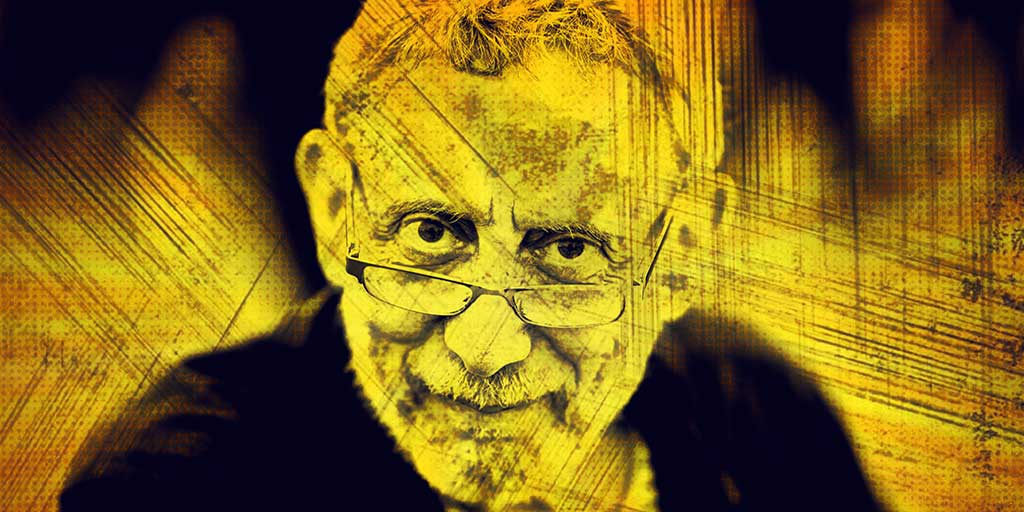






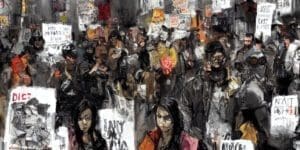














Leave a Comment